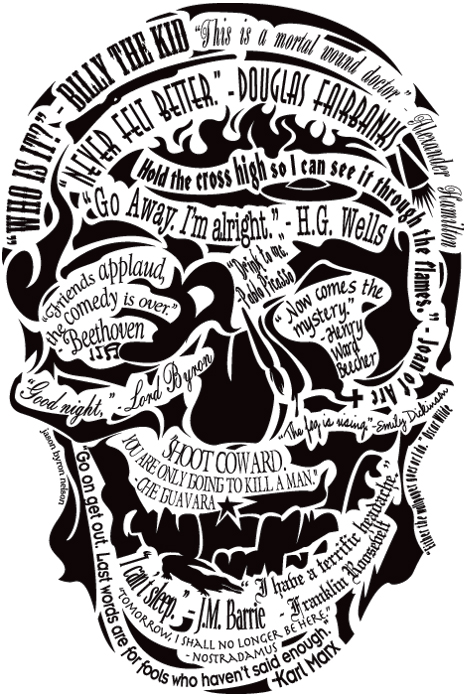Bob Carolla at the National Alliance on Mental Illness has been tirelessly lobbying editors, bloggers, and columnists to ask candidates in the upcoming November elections about the need for mental health reforms. Because of the recession, many states are cutting budgets and mental health funding often is an easy target.
We need to stop that from happening. 
Carolla and NAMI are wisely pointing out that cutting the budgets for mental health programs is counter-productive, especially when those cuts lead to persons with chronic illnesses ending up in jails and prisons because of a lack of adequate community services.


 For those of you unfamiliar with CIT, it is a specially designed program that brings mental health professionals and law enforcement together to find ways to improve community mental health services.
For those of you unfamiliar with CIT, it is a specially designed program that brings mental health professionals and law enforcement together to find ways to improve community mental health services.  overlooked. Instead, he managed to win his freedom, take control over his symptoms and become a strident consumer advocate. Along the way, he earned a doctorate in psychology, ran a hospital ward and taught as a professor. As a speaker, he is an emotional powerhouse who causes listeners to leap to their feet.
overlooked. Instead, he managed to win his freedom, take control over his symptoms and become a strident consumer advocate. Along the way, he earned a doctorate in psychology, ran a hospital ward and taught as a professor. As a speaker, he is an emotional powerhouse who causes listeners to leap to their feet.

